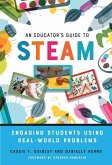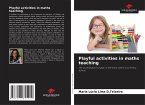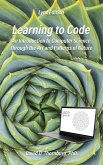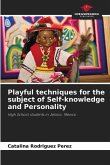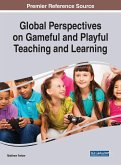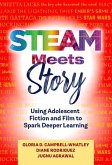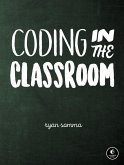"This essential guide shows readers developmentally appropriate and equitable approaches to deliver important STEAM skills to young children in ways that are both impactful and fun." --Julie Dobrow, Tufts University Decades of research has shown that introducing STEM content like coding and engineering during the foundational early childhood years can lead to many benefits, such as improving children's number sense, problem-solving skills, and sequencing ability. Unfortunately, the costs of STEM technologies can be a barrier for many early childhood educators. Additionally, many digital tools and apps are not playful or developmentally appropriate for young learners and can be less inclusive of students who have been historically excluded from STEM. This book addresses these barriers by demonstrating how to leverage an interdisciplinary STEAM (Science, Technology, Engineering, Arts, and Mathematics) approach to pique the curiosity of young students through play-based learning. The authors provide evidence-based, hands-on approaches as well as a practical framework to effectively integrate STEAM learning in the early grades (pre-K to 3rd grade). Readers will explore new ways to play alongside their young learners to make powerful STEAM discoveries and foster a lifelong love of learning. Book Features: * Provides tips and strategies rooted in existing frameworks and guidelines, as well as the authors' original research on the cognitive and socioemotional benefits of STEAM experiences. * Empowers early childhood educators working in any setting (informal, formal, or home settings). * Describes a new framework for the equitable design and implementation of play-based STEAM learning in early childhood settings.
Hinweis: Dieser Artikel kann nur an eine deutsche Lieferadresse ausgeliefert werden.
Hinweis: Dieser Artikel kann nur an eine deutsche Lieferadresse ausgeliefert werden.


